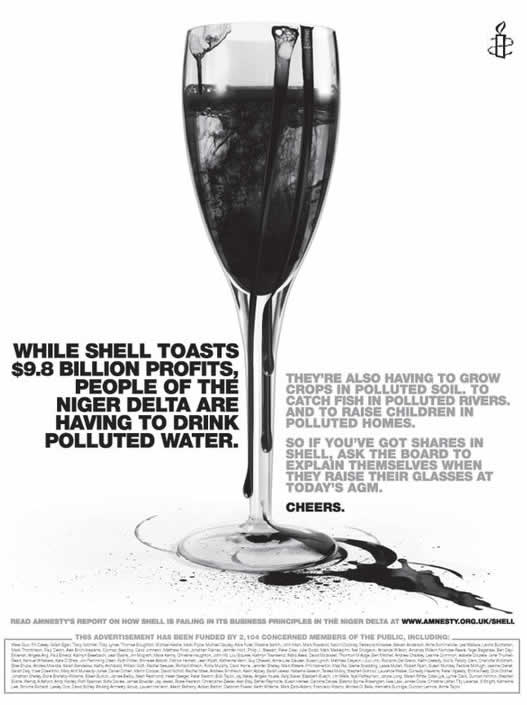Here’s a really interesting article from Radio France Internationale on the subject of burqas:
Burqa fashion show by Majida Khattari
By Zeenat Hansrod
Morrocan artist Majida Khattari has been working for some time on the theme of the veil worn by some Muslim women. Khattari uses her artistic perspective to take a refreshing, provocative look at why this piece of cloth fuels so much passion in this country.
Majida Khattari doesn’t look like a feminist who’ll readily burn her bra. Born and raised in Morocco, but currently living in France, she is petite, with large, deep, black eyes and soft-spoken. And she loves to laugh. She, Majida, defies stereotypes. So does her work.
Her work is interesting not only because it is sometimes a political statement but also accomplished by a consummate artist, liberated from the history of art and free to play with it.
The Martine and Thibault de la Châtre art gallery is showing a selection of her photographs and an installation called The Houris until 19 June.
One of the photographs at the gallery revolves around the issue of the burqa. On 19 May, a bill calling for a ban of the burka in public places will be reviewed by the French Council of Ministers. The burka has been at the centre of much-heated debate here in France.
The burka refers to the veil worn from head to toe by some Muslim women and which completely hides their body.
As an artist, Khattari wonders about the world around her and wants to make people think through an artistic process. “Art is provocation. And we need provocation to move forward. I’m trying to highlight the ambiguity and the complexity of the situation,” she says.
Her capacity to lay bare ambiguity is one of the reason gallery owner Thibault de la Châtre is currently showing Khattari’s work. He also values her ability to fuse her own Moroccan cultural heritage with a thorough knowledge of Western art.
That’s apparent in the collection of photographs inspired by the Orientalists. De la Châtre insists that Khattari was not selected because of the prevailing acrimonious socio-political context in France around the burqa. One of the photographs at the gallery, Partage (Sharing), shows two women facing each other, one naked and one veiled.
For de la Châtre, Partage is not provocative: “In art you can do everything. Picasso used to make the head on the bottom and the bottom on the head. Everybody was shocked to see the human body destroyed like that. But he showed what was going to happen. [And as for Khattari], she sees what is going to happen tomorrow. So, you know naked people and veiled people are going to live together, they must, they have no choice.”
Khattari’s most impressive work on the theme of the veil was a fashion show last April at the Cité Internationale couched as performance art. She says it is her fourth and most radical show. Heavily veiled women and men walked down the catwalk while nude white women wearing large turbans and high heels walked up on the opposite side. This meant that the two models faced each other at one point.
The pace was slow, the nude models all looked alike, and the all-body veils were like sculptures, each one different from the other. One model would discard the layers of veils as if peeling off its skin, while another veiled model moved in an erratic pace, struggling to get out of the garment.
“These are extreme situations. I voluntarily worked on those two extreme images to extract the issue of the burqa and that of captivity outside the religious realm,” says Khattari. “Because women are not subdued because of religion only. We also have to comply and conform to aesthetic norms to look young and beautiful, always,” she added.
Art critic Pascale Le Thorel has followed the work of Khattari for the last 10 years. She says the originality of Khattari’s work around the veil resides in her ability to link performance art and body art.
“It’s important to say that Majida is the first one to approach this issue. She has really broadened the issue within the context of the study of the body itself, on nudity, obviously on women but not only as she’s used men in her shows. She’s very much part of this ongoing discourse which goes on between one artist to another, which is a very good definition of what history of art is itself,” says Le Thorel.
Khattari doesn’t understand why, in France, laws must be passed to decide how people should be dressed. “It’s absurd to create laws to tell us that veils need to be banned in public places. After all, we are in France because it protects our freedom.”
“It’s as if you’re saying that women not capable of making their own decisions and you’ll decide for them. Or that they must have chosen to wear the veil because they are completely dominated, that there could be no other reason for such a choice. I’m sorry, there are many women who wear the veil out of their own free will,” says Khattari.
One would imagine, now that fatwas are so readily thrown at artists, that Khattari may have been threatened by radical groups. But that’s not the case. The only objection came a few years ago from a French women’s rights group, Ni putes ni soumises, who thought she had an agenda.
As far as Khattari is concerned, all the commotion around the burka goes beyond that piece of cloth. It’s far more complex and she successfully brings the audience to look at her interpretation.










